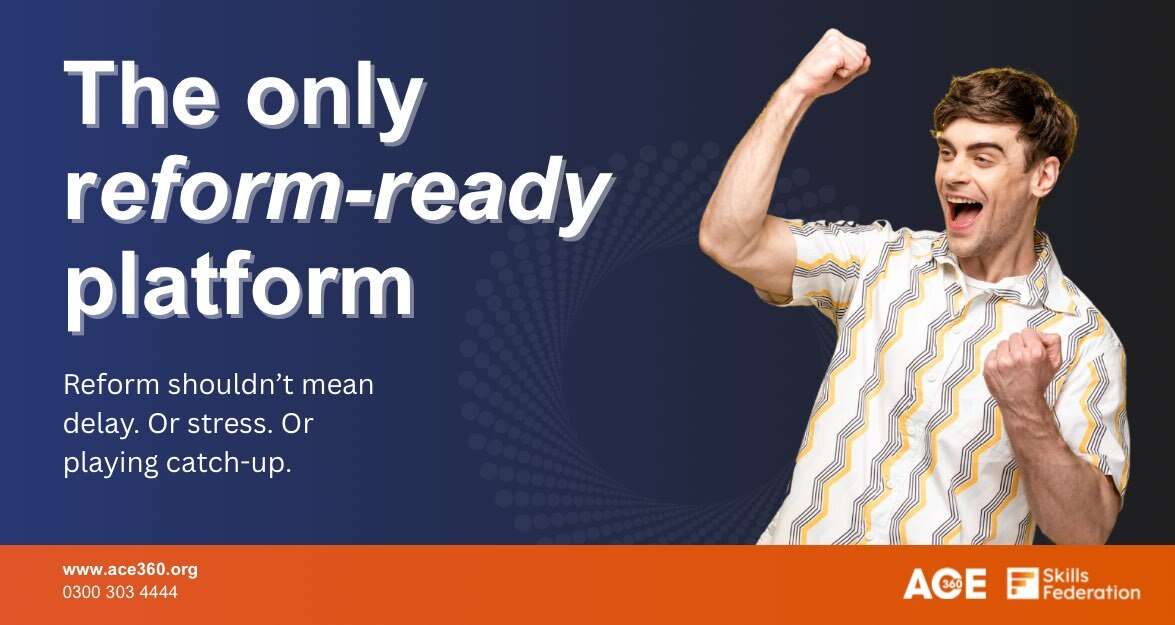Introduction
On the 25th of July 2023, we collaborated with UVAC presenting at an informative event on End-Point Assessment (EPA) for degree apprenticeships. The Knowledge Network meeting takes a thorough look into the world of degree apprenticeships, with a special focus on EPA. In this blog post, we’re going to break down the primary themes that we unravelled throughout the event and highlight the findings.
Monitoring Checks and Evidence Trails
Alright, let’s dig into the details. During the event, we discussed the importance of keeping a close eye on things and keeping records throughout the EPA process. You need evidence that you’re following the rules, from making sure you’re meeting all the regulations to having solid processes in place. When it comes to apprenticeship assessment, there are key differences in academic programmes, including the need for reasonable adjustments, resits, retakes, and appeals. There’s a lot to consider, and you need records to back it all up – which can feel a bit overwhelming! However, users of ACE360 report that the system can make this aspect a lot easier…
Guidance from Key Organisations
IfATE was a welcome guest, they emphasised the importance of sticking to the assessment plan. The plan lays out the rules and responsibilities that need to be adhered to. For all the nitty-gritty on assessment plans, IfATE’s website is your go-to source. If you have any questions, you can email them to [email protected].
OfS weren’t able to join the session in person on this occasion, but they are advising on changes in assessment plans and will soon be notifying the sector about updates to External Quality Assurance (EQA) guidelines. If you’re still wondering about assessment plans, delegates are invited to go directly to OfS. They’ll help out with interpretations and any issues you’re facing in EPA.
QAA mentioned that they’re about to release a toolkit to help us understand the basics of Degree Apprenticeship (DA) provision. And if you need expert advice or support with professional development, they’ll be able to help.
Independence in EPA
Independence in the end-point assessment was a big topic of discussion. It can be a challenge to ensure assessors have had no involvement with the apprentice in programme delivery or assessment prior to end-point assessment. Clear policies to prevent conflicts of interest are a must.
Everyone involved – assessors, employers, and apprentices – needs to be on the same page. Finding qualified assessors isn’t straightforward, especially for some specialist Level 6 apprenticeships. Some institutions are teaming up to share assessors, but universities need to be careful that they still adhere to the guidance.
Showing independence can be a challenge, especially for those in niche professions like clinicians who do a lot of training and may also be relied upon for assessment. And let’s not forget the challenge of finding the right quantity of Independent Assessors (IAs) in relation to apprentice numbers. Training those assessors is crucial, too, and it needs to have happened well before the EPA kicks off.
Delegates raised a number of questions. Like how far back conflicts of interest go and if the delivery team can create question banks. IfATE reminded the group to check the Degree Apprenticeship Policy for guidance. The goal is to make EPA as independent as possible and have the policies in place to back it up.
Examples of Good Practice
Delegates shared experiences of ensuring independence in their EPA activities:
• Some universities are using conflict of interest policies that keep EPA separate from everything else. They’re also helping colleagues get the skills they need.
• Others are being smart about recruiting, making sure they don’t use their own staff and keeping things independent.
• Some universities are offering contracts to professionals to get them on board.
• Universities are pooling their resources to share assessors, making sure they follow guidance.
• Planning resources is also key. You’ve got to know how many assessments one assessor can handle in a given period and make sure they have time for breaks and feedback.
In Summary
The UVAC Degree Apprenticeship Knowledge Network Event on End-Point Assessment provided a rich source of peer-to-peer discussion. Ensuring independence in EPA and sticking to the assessment plans were the big takeaways. As we navigate the developing landscape for degree apprenticeships, providers have IfATE, OfS, and QAA to lean on for support and guidance. A big thank you to hosts UVAC and all the participants for making this event a success. Together, we’re building an active community sharing knowledge and good practice in the world of degree apprenticeships and end-point assessment, and we look forward to seeing you all at the next meeting in October.





